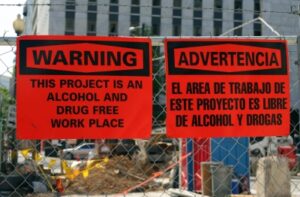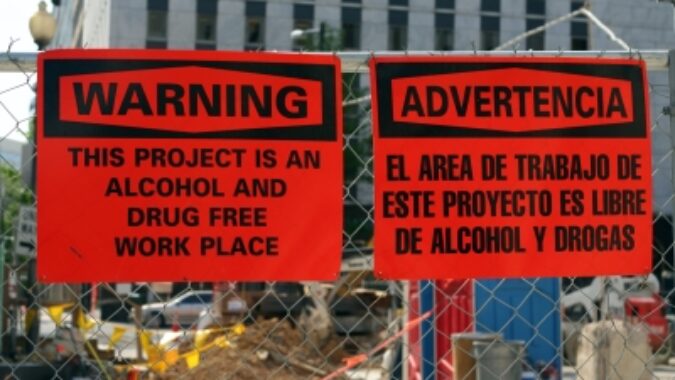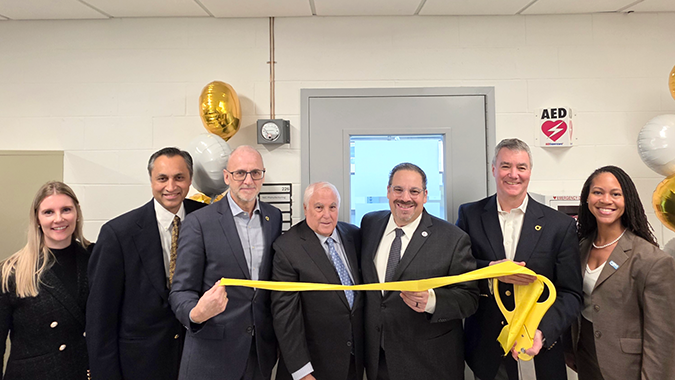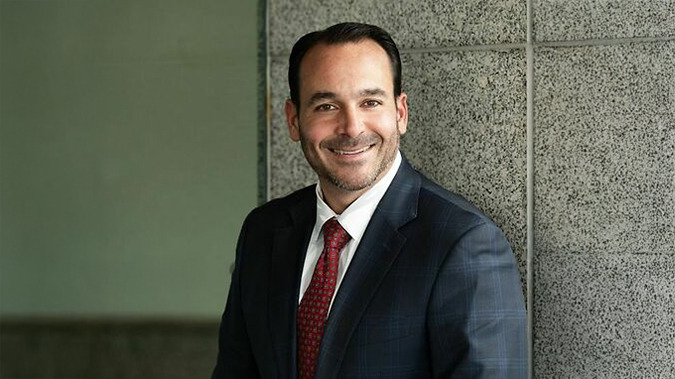The New Jersey Business & Industry Association opposes legislation passed by the Legislature today that will create and regulate a legal marijuana marketplace, as it weakens much-needed protections for employers seeking to maintain a drug-free workplace.

Specifically, NJBIA is opposed to Section 48 of the New Jersey Cannabis Regulatory, Enforcement Assistance and Marketplace Modernization Act (A-21/S-21), which now calls for the use of certified experts to make decisions if an employee is suspected of being under the influence.
“NJBIA has long maintained that workplace safety, through the establishment of drug-free workplaces, is absolutely essential for certain safety sensitive occupations,” NJBIA Vice President of Government Affairs Ray Cantor said. “This bill now falls short on those critical merits by relying on certified experts whose training are not based on scientific standards.
“This bill should err on the side of public safety until better testing for cannabis impairment is developed,” Cantor said. “Unfortunately, it does not.”
The bill was approved 23-17 by the Senate and 49-24 with six abstentions in the Assembly on Thursday afternoon. The legislation now goes to the governor for his signature.
NJBIA has sought amendments to clarify the use of certified drug recognition experts as optional and to allow for unions and employers to negotiate for different workplace cannabis protections as part of a collective bargaining agreement.
Cantor said maintaining stringent standards for workplace safety is paramount in certain safety-sensitive occupations, particularly in industries that incorporate operations of heavy machinery, commercial driving or construction.
“This bill, as written, invites the unanswered question of whether an employer is now going to be liable for impairments they cannot prevent due to this change of policy as it relates to testing,” Cantor said. “Until drug testing technology can detect marijuana intoxication in real time, certain industries are at a greater risk under this language, which is why NJBIA opposes this bill.”




